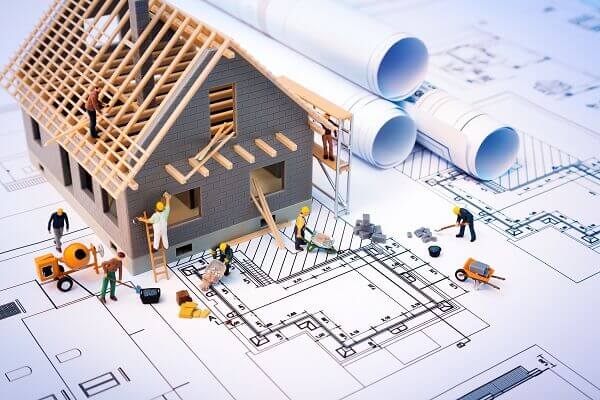Cal. Civ. Code § 8412 provides, in relevant part, that a general contractor has 90 days from “completion” of its work to record its mechanics’ lien claim. That sounds simple enough, but in recent years, questions have often arisen as to when work on a project is considered “complete.”
“Substantial Completion” isn’t Enough to Start the Clock
For example, is work complete when the owner receives a certificate of occupancy (COO)? Those who are familiar with construction industry practices recognize that the issuance of a COO doesn’t necessarily mean all punch list items have been completed. In recent years, some California trial courts took the position that the 90-day clock began to tick upon “substantial completion” of the contractor’s work. In 2016, the California Court of Appeal clarified the rule, however, finding that “completion” – for purposes of the 90-day filing window – only occurs upon “actual completion” of the work of improvement.
Three Other Factors Can Trigger 90-Day Mechanic’s Lien Filing Requirement
In addition to actual completion of the improvement, three other events detailed in Cal. Civ. Code § 8180 can trigger the running of the 90-day time period for filing one’s lien:
• Occupation or use by the owner accompanied by cessation of labor
• Cessation of labor for a continuous period of 60 days
• Recordation of a notice of cessation after cessation of labor for a continuous period of 30 days
Special Rules May Apply to Construction of Separate Residential Units
Contractors should bear in mind that special rules apply to mechanics’ liens associated with projects to construct separate residential units. Cal. Civ. Code § 8448 provides that if improvement work consists of the construction of two or more separate residential units:
• Each unit is deemed a separate work of improvement, and completion of each unit is determined separately for purposes of the time for recording a claim of lien on that unit.
• Material provided for the work of improvement is deemed to be provided for use or consumption in each separate residential unit in which the material is actually used or consumed, but if the lien claimant is unable to segregate the amounts used or consumed in separate residential units, it has the right to a mechanics lien against the entire property.
Mechanic’s Liens Provide Important Protections
California’s mechanic’s lien laws provide important equitable protection for those supplying materials and/or labor to a construction project. Generally speaking, courts have determined that strong public policy requires that mechanics’ lien laws be construed for the benefit of the potential lien claimants.
Attorney’s Fees and Costs Can Sometimes Be Recovered by Lien Claimants
While mechanic’s liens are generally limited to the reasonable value of the work provided by the claimant, or the price agreed upon by the claimant and the person who contracted for the work (less any payments received), where the lien claimant forecloses its lien, it may be able to recover its costs for recording the lien, as well as attorney’s fees.
California Law Regarding Mechanic’s Liens is Complex
California’s mechanic’s lien law is quite complex. Failure to file appropriate lien documents can be fatal to a claim. Most contractors and suppliers have discovered that the risks of proceeding without solid, experienced legal counsel are great. Most agree that the costs associated with retaining a good legal team are small compared to the risks of filing faulty paperwork on their own.
The law firm of CKB VIENNA has provided both legal and business consultation to contractors, developers, landowners, landlords, and others for years. We have extensive experience in both filing and defending mechanic’s liens in California. We have assisted a range of parties in assessing and managing the risks associated with construction projects. While we are skillful settlement negotiators, we are also experienced in all forms of litigation. CKB VIENNA has offices in Rancho Cucamonga, San Bernardino, and Los Angeles. Contact us by telephone – 909.980.1040 – or complete our online form.

